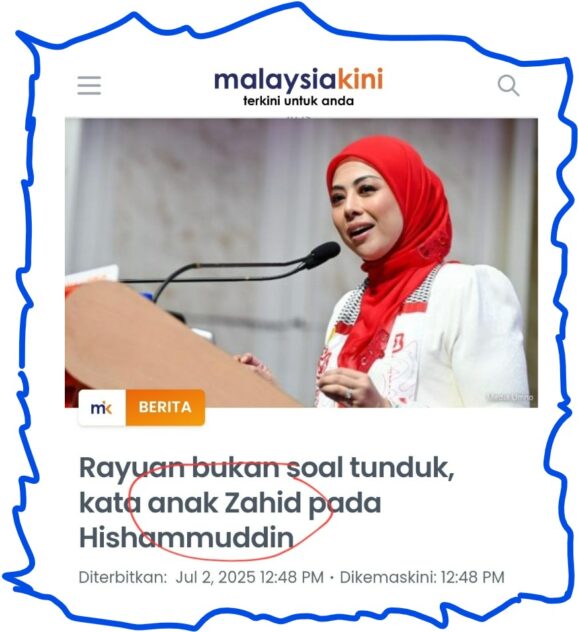NEWLY appointed Berjaya Corp Bhd (BCorp) group CEO Abdul Jalil Abdul Rasheed should be highly charged to steer his employer to greater heights considering that he is also now a shareholder of ‘quite a handsome sum’ of shares in the diversified conglomerate.
Yesterday, the company announced that Jalil has acquired 70 million BCorp shares (presumably from BCorp’s founder and executive chairman Tan Sri Vincent Tan who disposed that sum on the same day) at 28 sen/share which amounted to 1.4% of the total voting shares of 5.002 billion.
“The acquisition of equity interest in BCorp by Jalil Rasheed signifies good corporate governance whereby as a group CEO and minority shareholder, he would act in the best interests of the company and its various stakeholders,” BCorp pointed out in a statement.

In concordance, Jalil said projects of this magnitude – notably, undertaking the transformation of BCorp – are best achieved when the leader is well-incentivised and aligned with all minority shareholders.
“As such, being a shareholder and CEO will allow me to execute changes with the right incentive in place. It is also a vote of confidence in the company, and addresses the seriousness of this institutionalisation phase we are undertaking.”
At a glance, investors seem to have given thumbs-up to Jalil’s emergence as a BCorp shareholder as evident by the counter climbing to its 52-werek high of 32 sen with a heavy traded volume of 133.75 million shares as at 9.09am.
To get a better insight into company head honchos – particularly those who do not bear any family ties with the owners – yet are also minority shareholders of their companies, FocusM spoke to the Minority Shareholders Watch Group (MSWG) CEO Devanesan Evanson:
“We must distinguish a CEO buying shares in the company from a situation where the CEO gets the shares through a share grant scheme or ESOS. In this case, the CEO has bought the shares of the company. In either instant, the end-game is that the CEO becomes a shareholder.
CEOs being shareholders has its upside and downside. The upside is that there is alignment of interest between the shareholder-CEO and shareholders; both want better dividends and share-price accretion.
So as a matter of remuneration strategy, many companies have a scheme under which the CEO (and management and staff) can become shareholders.
In other words, the CEO has skin in the game. With staggered vesting of these shares, the company can also ensure that the longer term interests are taken into consideration.
The downside is that there may be a fixation with share prices and CEOs may end up managing the share prices instead of the company especially the longer term interests of the company.
Typically, most CEOs are on contract and there is a risk that they may end up taking a short-term view. This risk can be mitigated by a good board of directors especially by the independent directors.
On a balance of probabilities, it is better to have the CEO and management as shareholders as then they have skin in the game and there is also alignment of CEO and shareholder.” – March 25, 2021









